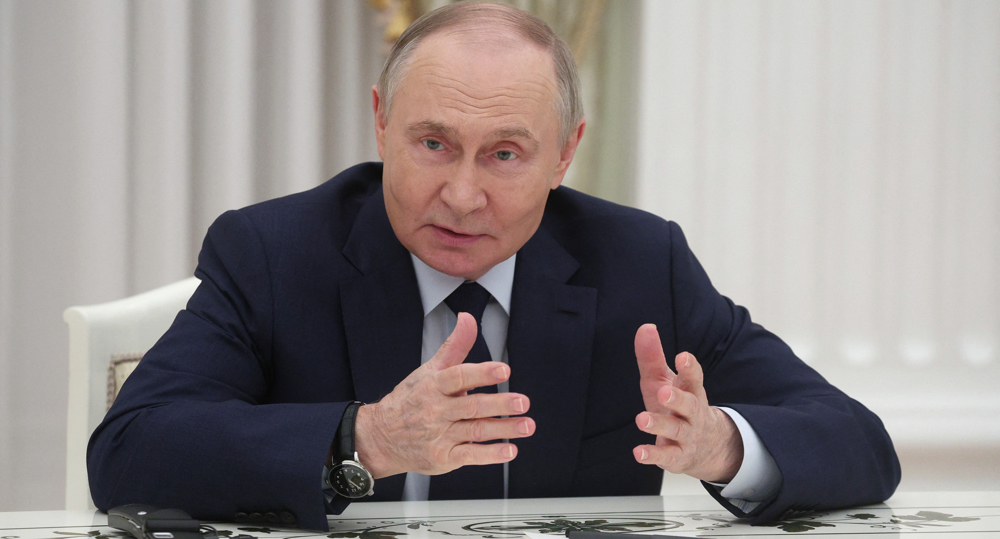Russia court upholds ban on social networking website LinkedIn
A court in Russia has upheld a decision to ban LinkedIn, a social networking website with millions of users in the country, over data protection fears.
In a ruling issued on Thursday, Moscow City Court upheld an earlier decision in August by a district court to block LinkedIn, and rejected an appeal by the website as “unsatisfactory.”
Roskomnadzor, Russia’s communications watchdog, launched the legal action against LinkedIn, arguing that the US-based company had failed to comply with a Russian law introduced in 2014, which requires that websites storing the personal data of Russian citizens do so on Russian servers.
Moscow says the law is aimed at protecting the personal data of Russians.
Authorities had never enforced the law and LinkedIn would be the first to be affected by the legislation now that the company's appeal has been rejected. A Roskomnadzor spokesman said LinkedIn's website would be blocked within the next week.
LinkedIn regretted the court decision, saying it could harm the professional correspondences among the population of its users in Russia, which is estimated to be more than six million.
“The Russian court's decision has the potential to deny access to LinkedIn for the millions of members we have in Russia and the companies that use LinkedIn to grow their businesses," a LinkedIn's spokesman said, adding, “We remain interested in a meeting with Roskomnadzor to discuss their data localization request.”
Roskomnadzor could also take similar legal actions against other major social networking platforms, including Facebook (FB.O) and Alphabet (GOOGL.O) unit Google.
Some internet giants like Booking.com, a major online reservations site, have announced that they would comply with Russian laws and would transfer the necessary data to Russian servers.
Critics say the law on storing users’ data on local servers is meant to tighten the government control on online activities.
Meanwhile, Russia’s antitrust authority said on Thursday that it was to sue Microsoft, another US-based technology company, for breaching laws on protection of competition in Russia.

The Federal Anti-Monopoly Service (FAS) said Microsoft, which is planning to buy LinkedIn, has failed to give enough time to anti-virus developers to adapt to the Windows 10 operating system.
The FAS said the reduced time gave an unfair advantage to Microsoft's own anti-virus software and hurt competitors, including Russia's Kaspersky Lab.
“Such actions lead to an unjustified advantage for Microsoft in the program market. Our task is to ensure equal conditions for all participants in this market,” Anatoly Golomolzin, who serves as FAS deputy head, said in a statement.
The case in the FAS was opened based on a complaint by Kaspersky. The company says it is also preparing a complaint to be sent to the European Commission.

Ukraine peace talks downgraded in London as Kiev rebuffs Trump’s proposal

US plan requires Ukraine to give 20% of territory to Russia: Report

Russia's President Putin ratifies bill for strategic partnership with Iran
Yemen downs seven US Reapers worth $200 million in six weeks
VIDEO | Immigrant voices unite in New York against global far-right surge
Iran rejects 'baseless' Dutch claims about plotting assassinations
US warplanes bomb four Yemeni provinces in fresh aggression
VIDEO | Paris protesters slam Israel’s war on Gaza
VIDEO | Press TV's news headlines
VIDEO | US issues ‘final offer’ to Kiev for peace with Moscow
VIDEO | Pakistan warns of war over water diversion as India vows retaliation against militancy







 This makes it easy to access the Press TV website
This makes it easy to access the Press TV website